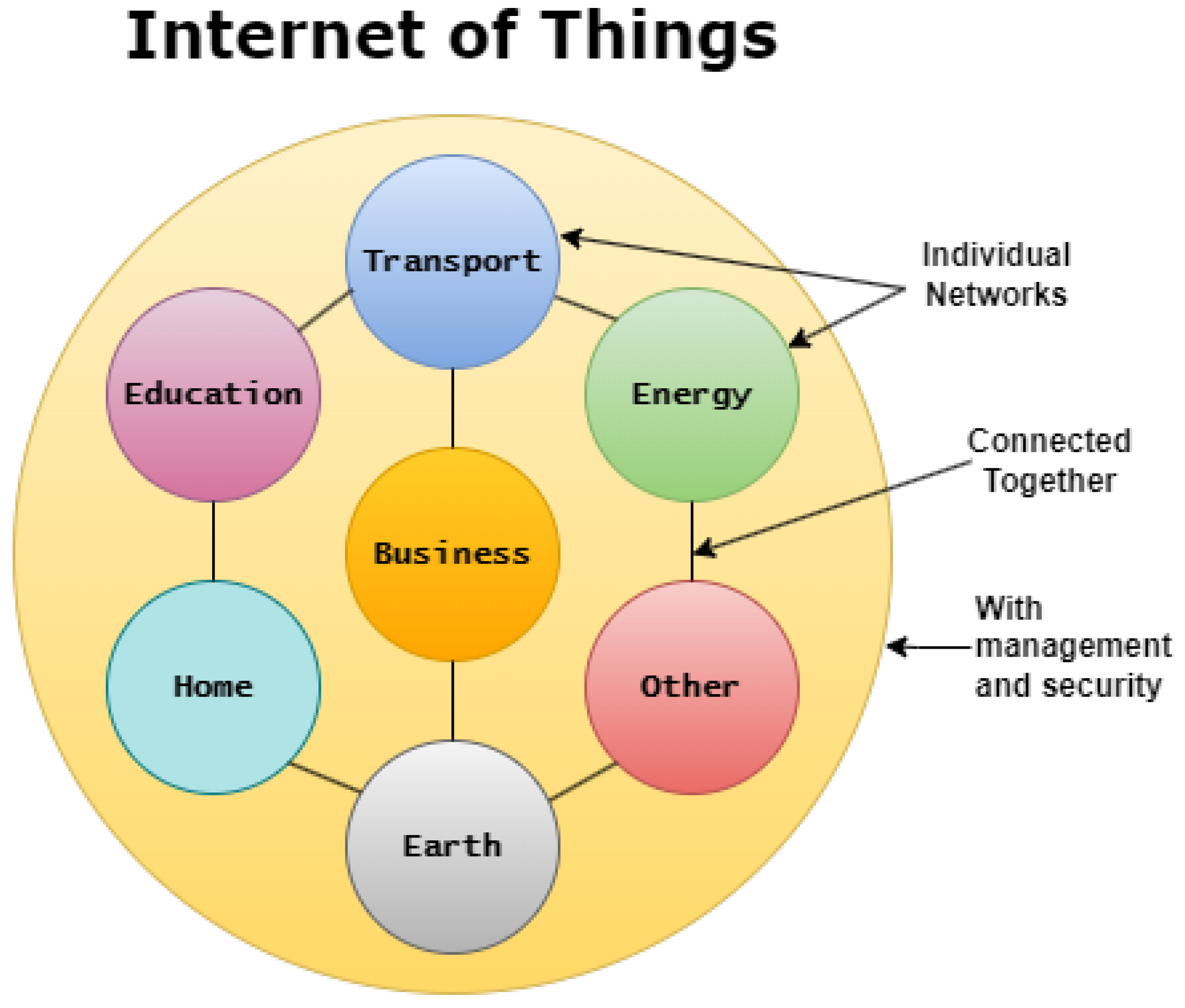The Impact of IoT Devices on Network Security
The rapid adoption of Internet of Things (IoT) devices in both personal and enterprise environments has transformed the way we live and work. From smart thermostats and connected CCTV systems to industrial sensors and healthcare monitors, IoT devices bring convenience, automation, and efficiency. However, this growing ecosystem also introduces serious security concerns.
Why IoT Devices Are Vulnerable
Unlike traditional computing systems, many IoT devices are designed with limited processing power, minimal memory, and often lack built-in security protocols. Manufacturers tend to prioritize speed to market and user-friendliness over cybersecurity. This opens the door to several network security risks:
- Default passwords and weak encryption make devices easy targets.
- Infrequent firmware updates leave devices open to known exploits.
- Unmonitored access points provide backdoors for hackers.
Real-World Risks
Unsecured IoT devices can be used as entry points into larger networks. Hackers can exploit these weaknesses to steal data, conduct surveillance, or launch large-scale attacks like Distributed Denial-of-Service (DDoS), which can cripple entire systems.
For example, in 2016, the Mirai botnet attack used vulnerable IoT cameras and routers to bring down major websites like Twitter, Netflix, and Reddit. This was a wake-up call for the tech world.
Best Practices to Secure IoT Networks
To combat the risks posed by IoT devices, organizations and individuals must adopt comprehensive strategies:
- Change default credentials immediately upon installation.
- Segment IoT devices on a separate network from critical systems.
- Use strong encryption protocols and multi-factor authentication.
- Regularly update firmware to patch vulnerabilities.
- Conduct continuous monitoring and auditing of network traffic.
How i4 Tech Integrated Services Can Help
At i4 Tech Integrated Services, we understand the evolving cybersecurity landscape in Nigeria and beyond. We offer tailored solutions to help businesses securely deploy IoT infrastructure—from consulting and auditing to policy design and staff training.


